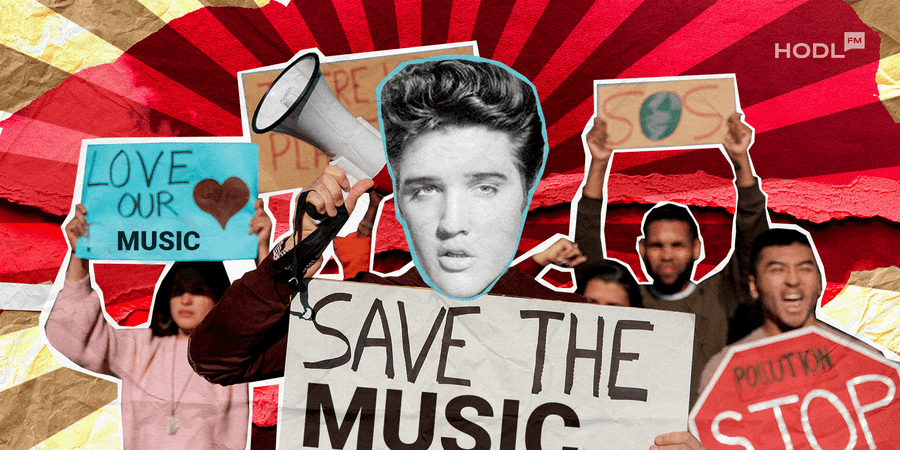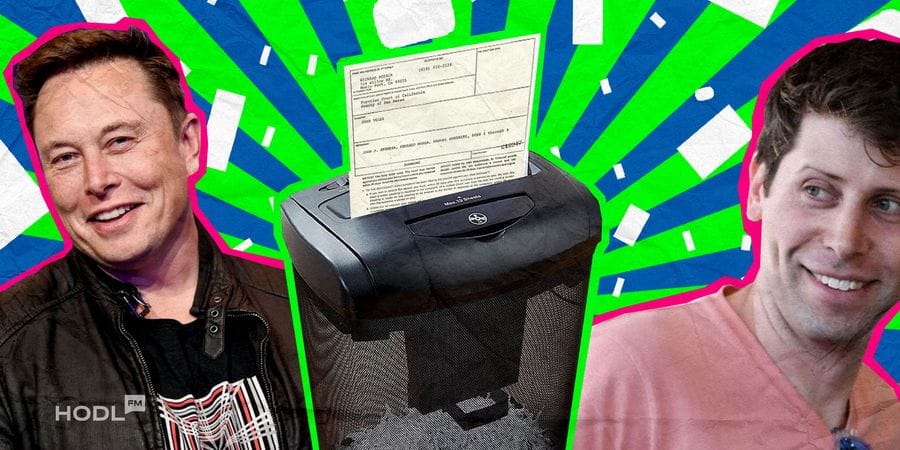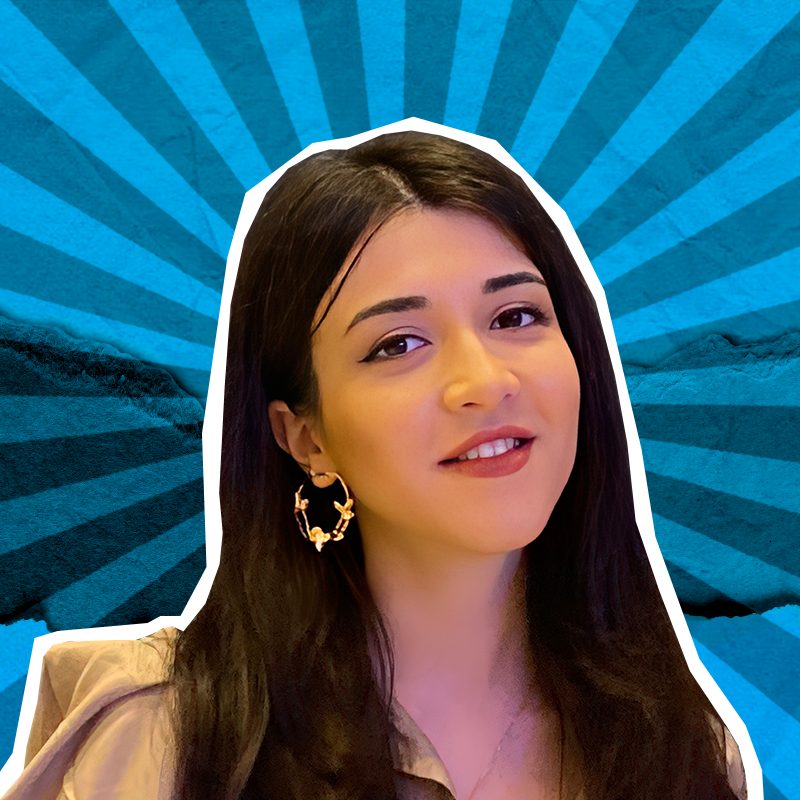A U.S. District Court judge has rejected motions from Apple and OpenAI to dismiss Elon Musk’s antitrust lawsuit that accuses them of conspiring to suppress competition in the artificial intelligence (AI) market. The ruling allows Musk’s X Corp. and xAI to move forward with their claims, an early procedural win for the billionaire entrepreneur in his broader campaign against what he calls “AI cartelization.”
The case, filed in August, alleges that Apple’s exclusive integration of ChatGPT into its devices constitutes an unlawful effort to dominate the generative AI assistant sector while sidelining competing chatbots like xAI’s Grok. The complaint also accuses both companies of manipulating App Store visibility to favor ChatGPT at the expense of rivals.
Apple is behaving in a manner that makes it impossible for any AI company besides OpenAI to reach #1 in the App Store, which is an unequivocal antitrust violation.
— Elon Musk (@elonmusk) August 12, 2025
xAI will take immediate legal action.
Background: Musk’s accusations against Apple and OpenAI
The dispute first erupted earlier this year after Musk accused Apple and OpenAI of collaborating to restrict competition among AI apps. At the time, xAI had launched new updates to its Grok app but failed to climb Apple’s App Store rankings as expected, prompting Musk to allege bias.
When the lawsuit followed, Apple countered, saying:
“The App Store is designed to be fair and free of bias. We feature thousands of apps through charts, algorithmic recommendations, and curated lists selected by experts using objective criteria. (…) Our goal is to offer safe discovery for users and valuable opportunities for developers, collaborating with many to increase app visibility in rapidly evolving categories.”
OpenAI CEO Sam Altman responded separately on X, accusing Musk of hypocrisy for having previously “manipulated the X algorithm in the past to hurt competitors.”
will you sign an affidavit that you have never directed changes to the X algorithm in a way that has hurt your competitors or helped your own companies?
— Sam Altman (@sama) August 12, 2025
i will apologize if so.
The allegations ultimately reached the courtroom, where both Apple and OpenAI argued that the lawsuit lacked factual grounding and should be dismissed.
Judge Pittman’s ruling
In Thursday’s order, U.S. District Judge Mark Pittman denied Apple and OpenAI’s motions to dismiss the case outright.
“Before the Court are Defendant Apple Inc.’s Motion to Dismiss, ECF No. 36, and the Motion of Defendants OpenAI, Inc., OpenAI, LLC, and OpenAI OPCO, LLC to Dismiss the Complaint Pursuant to Rule 12(B)(6), ECF No. 40. After a thorough review of the relevant docket entries and applicable law, the Motions are hereby DENIED,” the ruling stated.
Pittman further clarified that his order “should not be construed as a judgment (or pre-judgment) on the merits of this litigation” but emphasized that the case will proceed to summary judgment under Rule 56, where factual disputes will be closely examined.
In effect, the ruling means that claims of anticompetitive behavior and App Store favoritism will be tested through evidence gathering rather than being dismissed at the pleading stage.
Allegations at the center of the case
Musk’s X Corp. and xAI allege that Apple’s June 2024 decision to preinstall ChatGPT through its “Apple Intelligence” suite on iPhones and Macs gives OpenAI unfair dominance. The suit claims the integration provides ChatGPT access to hundreds of millions of users while excluding competing AI assistants.
Apple has countered that its partnership with OpenAI is not exclusive, maintaining that users can still access other chatbots through browsers and alternative apps. Attorneys for Apple told the court, “Choosing one partner first is not unlawful,” noting that Grok and X continue to perform well in certain App Store categories, such as “News” and “Productivity.”
OpenAI responded more bluntly, calling the lawsuit “consistent with Mr. Musk’s ongoing pattern of harassment” and vowing to “prove this in court.”
Legal and market implications
The case has attracted attention from legal experts who view it as an early test of AI antitrust frameworks. Alex Chandra, partner at IGNOS Law Alliance, said the decision “is a procedural step” and that “the real impact now is where the facts will actually be tested.” He added that regulators worldwide are still grappling with how to define competitive boundaries within emerging AI markets.
Shita Sharma, managing partner at Fathom Legal, noted that the case may hinge on “evidence of exclusion vs. efficiency,” specifically whether Apple has truly blocked rivals from integrating on iOS or simply formed a normal commercial partnership.
Industry and personal context
Musk co-founded OpenAI in 2015 but departed its board in 2018 to avoid conflicts with his growing AI initiatives at Tesla. Since then, he has repeatedly accused OpenAI of abandoning its original nonprofit mission, describing it as “a closed, profit-driven arm of Microsoft.”
The current lawsuit intensifies Musk’s broader feud with OpenAI and could shape how regulators and courts treat default AI partnerships on dominant software ecosystems. While Thursday’s ruling creates no determination of wrongdoing, it keeps alive a high-profile legal confrontation that could influence how AI competition is governed across platforms.

Disclaimer: All materials on this site are for informational purposes only. None of the material should be interpreted as investment advice. Please note that despite the nature of much of the material created and hosted on this website, HODL FM is not a financial reference resource, and the opinions of authors and other contributors are their own and should not be taken as financial advice. If you require advice. HODL FM strongly recommends contacting a qualified industry professional.





